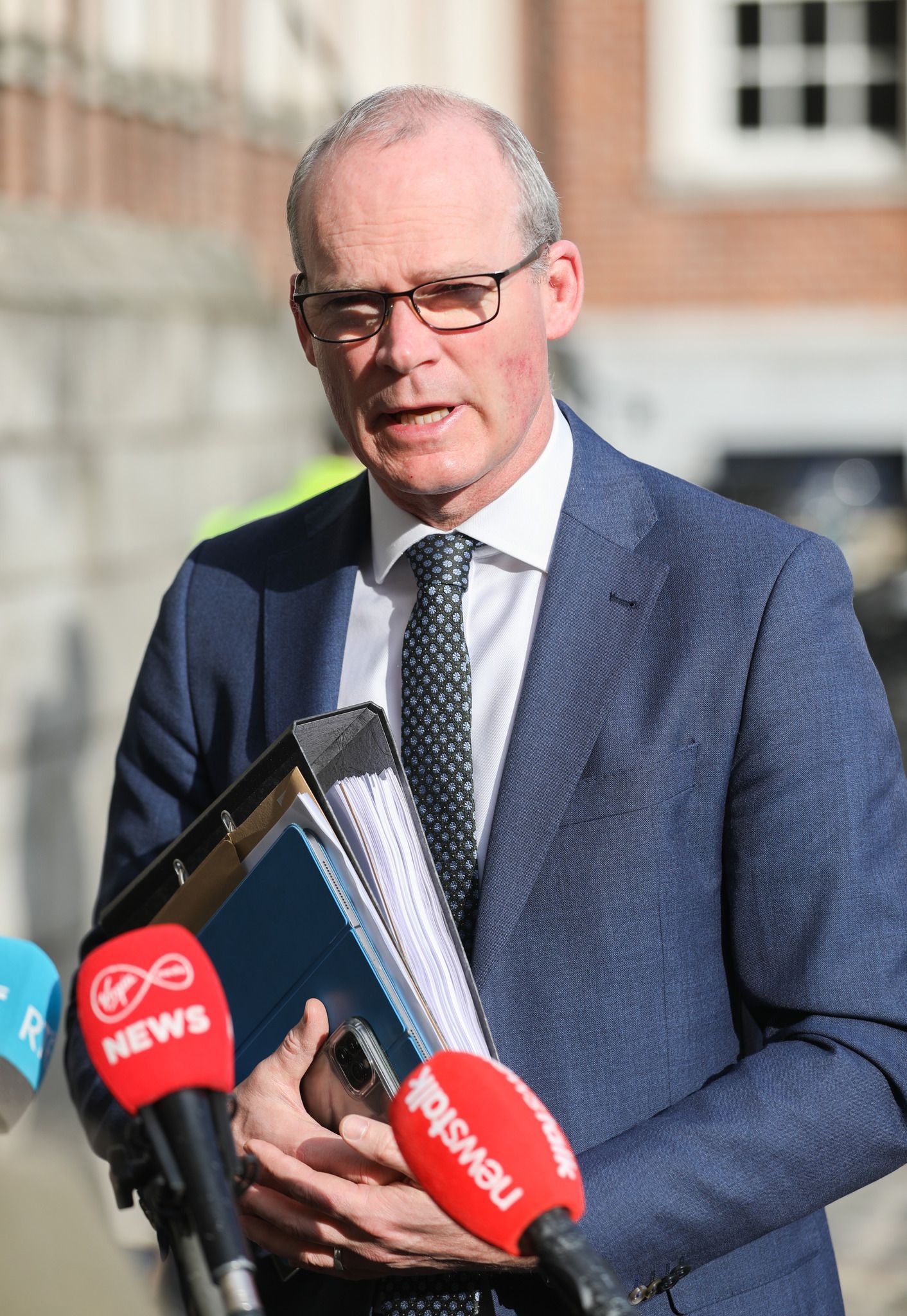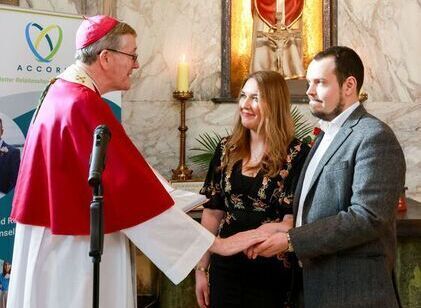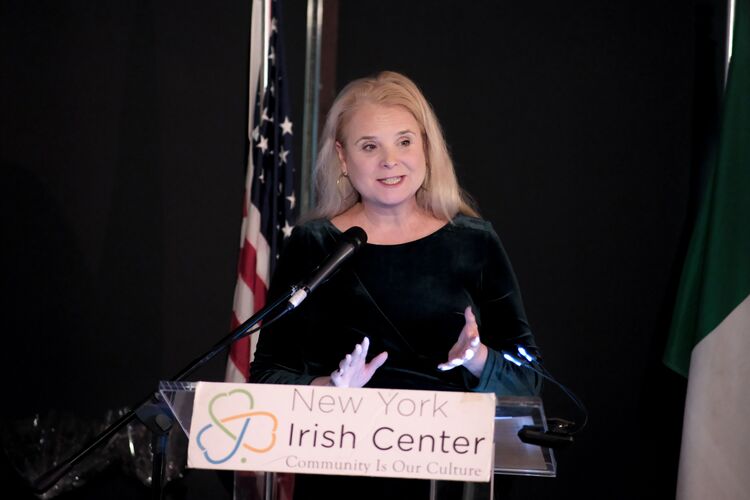All Ireland tourism is facing a threat as a result of British MPs voting to reinstate the requirement for a U.S.-style visa waiver program for non-Irish EU citizens crossing the border, this as part of proposed new British immigration laws.
The Irish Times reported that a majority of 298 MPs to 216 voted to back the UK government’s challenge to an amendment introduced in the House of Lords, which would have exempted Northern Ireland from the legislation.
According to the Times report, the human rights NGO the Committee on the Administration of Justice condemned the move, which it said was “unworkable and risks a hard border for many non-British and non-Irish citizens in Border communities who have been able to freely cross the Border to date.”
Irish Minister for Foreign Affairs, Simon Coveney, said the decision was “regrettable” and “contrary to the approach that UK and Irish governments have supported for many years to protect free movement on the island of everyone.
“Our concern on this has been communicated clearly but has been ignored,” Coveney said.
The Times report continued: “Responding to Mr. Coveney’s tweet on social media, the Northern Secretary, Brandon Lewis, said there would be ‘no controls on the Border.’
Stated Lewis: “UK and Irish citizens will continue to be able to travel freely. This new ETA requirement is about protecting the Common Travel Area from abuse. Our commitment to the Common Travel Area is absolute, as seen throughout the pandemic.
The Common Travel Area allows Irish and UK citizens to move freely between both jurisdictions.
Coveney’s concern is the effect of the new rules on non-Irish EU citizens of which there is a significant number domiciled in the Republic.
Added the Times account: “Under the Nationalities and Borders Bill, EU citizens who are not Irish will be required to apply online for pre-travel clearance - known as Electronic Travel Authorisation (ETA) - before entering the UK, including when crossing the Border into Northern Ireland.
“It will also apply to citizens of the European Economic Area (EEA) living in the State, which includes people from Norway, Liechtenstein and Iceland.
“Non-British or non-Irish citizens from other countries, outside the EU/EEA, which previously did not require a visa to enter the UK, will now need an ETA.”
“The Bill is part of a wider, post-Brexit overhaul of the UK’s immigration laws and includes provisions on asylum seekers, nationality and immigration control.
The amendment on Northern Ireland was one of a number of changes made to the Bill in the House of Lords which were overturned by a Commons vote on Tuesday. The Bill will now return to the Lords.”
The Irish Independent reported Mr. Coveney saying that the move by the British government to introduce a visa requirement for non-Irish EU citizens wanting to enter Northern Ireland could affect tourists who decide to travel to the North while on holiday in the South.
“The idea that people crossing the border from the South into Northern Ireland would have to have a permit to do that, even if it's a permit that you can apply for online, we don't think is in the spirit of the partnership between the British and Irish Governments that have been in place for many years now facilitating completely uninhabited movement around the island of Ireland, North and South.
“What unfortunately was agreed last night by a vote in the House of Commons and supported by the British government is a situation that may now require in the future for non-Irish or non-British nationals that are traveling from the Republic of Ireland into Northern Ireland will need to go through a permitting process or information process to do that.
“That doesn't involve a check on the border. I think that's been made very clear. But it does require a legal obligation to actually register that movement and get permission to do it, and we think that is not in the spirit of the partnership between British and Irish Governments for many, many years.
“And we think, to be honest, it shows a lack of understanding as to how movement and relationships on the island of Ireland actually work.
"For example, if a French person is on holiday in Ireland and wants to go to Belfast for the day to the Titanic Museum or some other interest, they now may have to go through an application process to do that in advance.”









